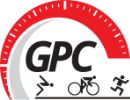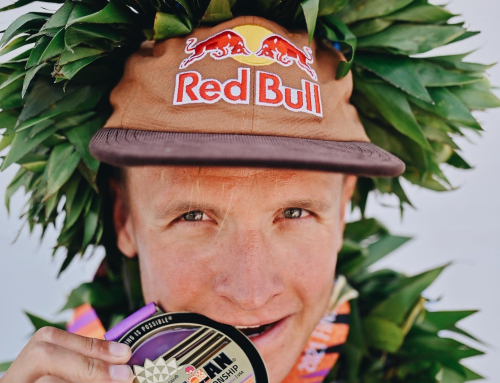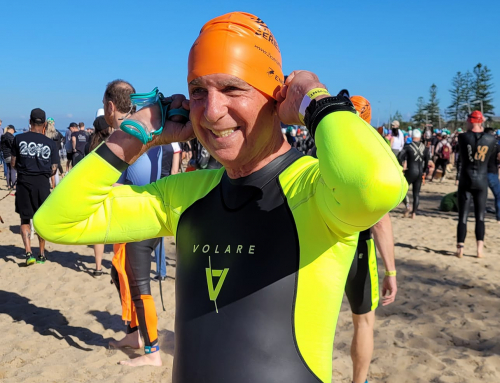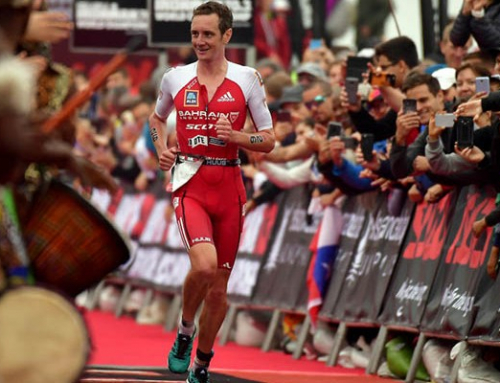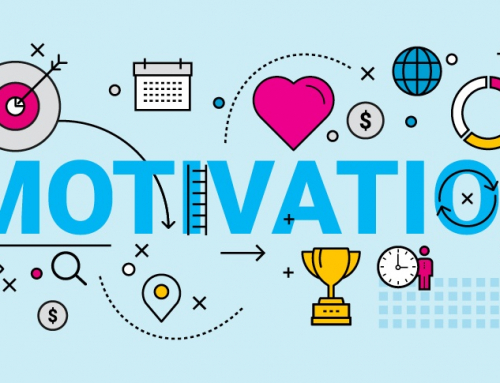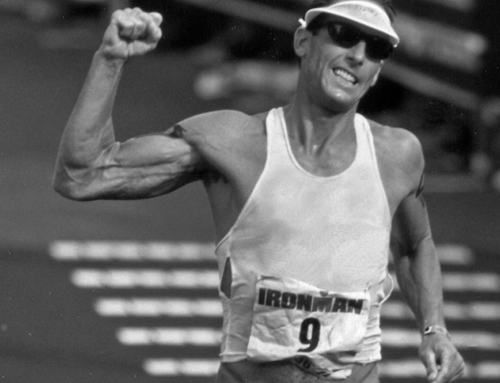“The Mental Game”
So many hours are spent on the physical training for an event. Hours swimming, cycling & running can soon become junk hours or kilometers without the ability to focus adequately on the task at hand.
To take your performance to the next level, you need to also work on your mental game.
Sport Psychologists talk about the four Cs:
1. CONTROL
This involves controlling your emotions in the face of pressure or adversity. Your emotions or level of anxiety is influenced by the level of competition, your expectation of success and even how many people are watching.
2. CONCENTRATION
Is the ability to focus on tasks and ignore distractions and is key to developing technically good skills. Athletes are often distracted by anxiety, skill errors, fatigue, opponents and their own negative thoughts.
3. CONFIDENCE
Will increase when the athlete believes they can achieve their goal. Improved confidence will result in more perseverance and a positive approach to achieving the goal, regardless of whether they are succeeding or failing at the present moment. A loss of confidence can result if the athlete begins to focus on things out of their control and become over critical in their thinking. This is commonly called choking.
4. COMMITMENT
Strategies that may help your mental game:
To successfully achieve their goal, Athletes need to display commitment & motivation to initiate and maintain the intensity of their training & behaviour. This is characterized by having the desire to succeed, a willingness to take risks, acknowledge own ability & increase effort & concentration when require.
- Goal Setting with your coach. These need to be specific, measurable, accepted (by you & the coach), realistic, set time frame, exciting & recorded.
- Mental Imagery involves visualizing your performance without actually performing the skill. It may be the whole race, part of a movement, or reviewing a skill after it is completed
- Progressive Muscle Relaxation (PMR) is relaxing whilst progressively thinking about & contracting different muscles in your body. YouTube or download a podcast to help you relax to sleep.
- Centered Breathing & Meditation is focusing your breathing to a central part of your body eg. Chest, nose or abdomen & avoiding distractions. Every time you get distracted return your attention to this area.
- Pre-Comp Psyche Up can include listening to music or following a set warm up routine
- Positive Self Talk & Cue Words can be repeated in your head before or during an event such as “relaxed hands” “push at the back” “front foot” or simply “good work Kate, keep fighting”
I’ve started to use more relaxation strategies as a part of my training to help me achieve balance between my training and working life to reduce anxiety and stress. It has certainly helped me put training sessions where I have struggled into perspective and helped me move on to the next session. It has also helped me focus on key coaching points to improve my technique.
If you have any further questions please feel free to ask me during a session or shoot me an email.
Cheers Kate
